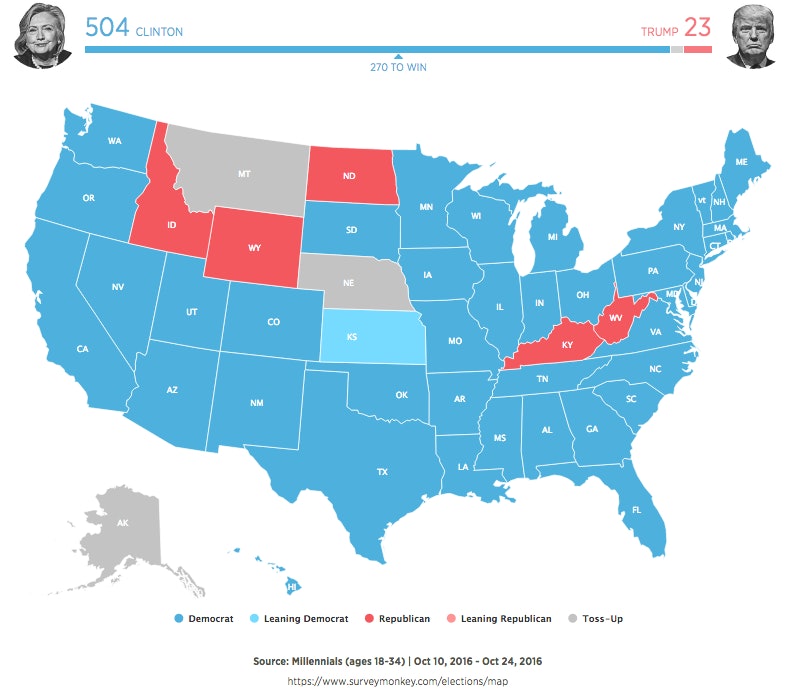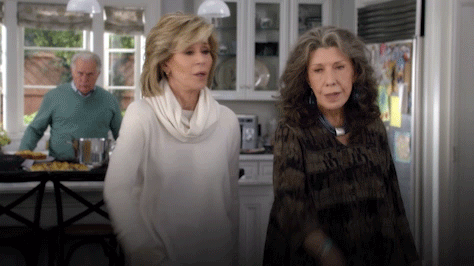Why I’m Proud to Be a Millennial
Millennials get a bad rap.
According to some, we’re clueless, social-media-minded, phone-fanatical techies who prefer the company of our Instagram and Twitter feeds to actual in-person conversation. Some people believe we’re constantly texting, that our entire generation is made up of obnoxious, entitled jerks and/or whiny, self-absorbed narcissists.
For a while, I’ll admit that I bought into this bullshit. I had spent some time with teens who did indeed fit this description. They texted, even when people were trying to make one-on-one, in-person conversation with them. They spent a lot of time on Facebook. They were self-absorbed. I had a bad taste in my mouth from these encounters, and that left me susceptible to buy into the anti-Millennial hysteria. I pearl-clutched hard over what I saw as my lackluster, lame generation, pining for the quaint days of pre-social media teenagerhood. I wished desperately that I could’ve been a part of some long-gone decade, before the advent of the iPhone.
But I soon realized that this anti-Millennial hysteria was the product of angry older generations who just didn’t get us. Because guess what? Millennials are the fucking best.
Think about it. Not only are Millennials whip-smart and hilarious (you need only browse Twitter to see what I mean), they’re also socially-conscious activists and advocates. We make our voices heard, either by marching in the streets during peaceful protests, or by writing up stinging tweets and on-point, analytical blog posts on sites like Tumblr. We care about the world around us, from the environment to human rights, in a way that many previous generations didn’t. (I mean, think about it: Would Donald Trump be president if previous generations were more on par with Millennials? Judging by the fact that Millennials overwhelmingly voted Democrat this past election, I doubt it.)

In some ways, Millennials are like a throwback to the young adult warriors of the 60s and 70s, the people who fought for racial and gender equality. Sure, our instruments of change may be different, with the Internet adding a new element to the ongoing battle for fair treatment and social justice, but our mindsets are similar. We’re determined, righteous, intelligent, and not afraid to make our voices heard.
Millennials are responsible for starting great online movements like #BlackLivesMatter, #YesAllWomen, #FightFor15, and #LoveWins. These movements, among many other Millennial-led campaigns, have significantly increased awareness and even gotten real-world results. So yes, while some of our dissent may be expressed online, that doesn’t mean it doesn’t count or that we’re incapable of turning our frustration into action—quite the opposite. Online movements do get results, and they do get people fired up. They’ve led to peaceful protests and demonstrations, and they’ve connected activists who otherwise may never have joined forces. Not to mention how effective they are at spreading the word and even educating unaware youngsters who stumble across relevant hashtags.
While some older generations criticize Millennials as being entitled, we—ironically—are the ones who are taking a stand against entitlement, popularizing terms like “special snowflake” and calling out white/male/straight privilege.
Do I spend a lot of time on my phone? You bet. But, contrary to what Millennial stereotypes would have you believe, I’m not texting—I’m reading articles by the Washington Post or the New York Times, among other papers, so that I can stay informed and up to speed with what’s happening in the world. Many of my fellow Millennials are the same way. As socially-conscious activists, advocates and allies, we’re well-versed with the news and know what’s going on in our own backyards and abroad. It matters to us. We’re not apathetic and apolitical, like certain older generations have been. We care. We’re opinionated; we’re bold; we’re unafraid. And I can now say, truthfully, that I love my generation.
Of course, Millennials—like any group—are not monolithic. There are indeed some Millennials who are self-absorbed, who are clueless, and who are not socially-conscious. I won’t deny that. But I also believe that Millennials are overwhelmingly smart, ambitious, knowledgeable people. So what if we like Instagram? So what if we have a Twitter page? So what if we spend some time on our cell phones? That doesn’t make us lazy, and it doesn’t take away from our achievements and our activism.
Millennials don’t represent the generation of selfishness and entitlement. We represent the generation of positive, progressive, hard-won change.


